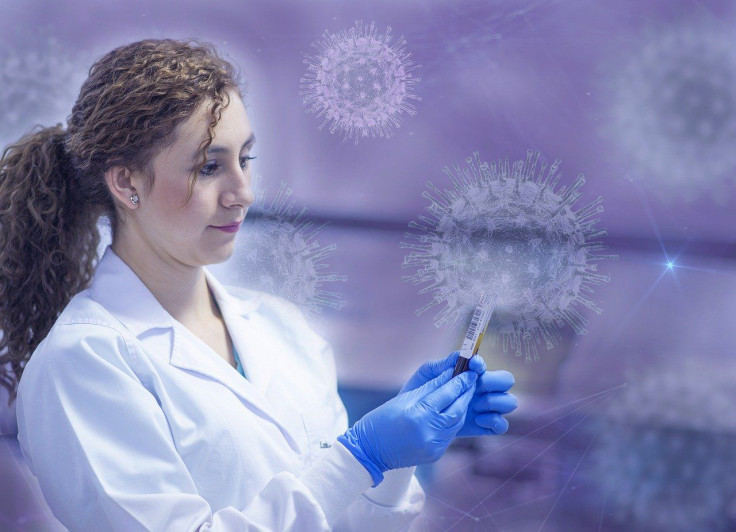'Dead' Coronavirus Particles May Cause Recovered Patients To Test Positive Once Again
KEY POINTS
- Korean CDC says dead coronavirus particles may be causing patients to test positive again
- Health experts say coronavirus RNA fragments still exist in cells even if the virus is inactivated
- Recovered patients re-tested positive an average of 13.5 days after being cleared of the virus
South Korean health officials say that ‘dead’ coronavirus may be the cause why patients who already recovered from COVID-19 infection again later tested positive. Early reports say around 292 people in South Korea who were previously cleared of the deadly virus later tested positive again, a phenomenon that puzzled officials at the outset. This possibility was announced by the Korea Centers for Disease Control and Prevention, according to a Newsweek report.

RNA Fragments Still Exist In Cells
In mid-April, reports of more than a hundred recovered COVID-19 patients in South Korea are testing positive again for the virus alarmed the scientific community. This raised the question of whether or not patients who have recovered can again get the infection in just a short time.
Many health experts believe that your body may develop short-time immunity from a certain viral infection after recovering from it. Although largely unproven with coronavirus infections, the principle may also hold true in this case, according to experts. This is why news of the re-infection of the same virus that infected recovered patients was considered unprecedented.
Today, however, the KCDC has determined that the positive results may have been caused by residual fragments of the virus. In an interview with Newsweek, Dr. Oh Myoung-don, said: “RNA fragments still can exist in a cell even if the virus is inactivated.” Dr. Oh is the head of the clinical committee for disease control of the KCDC. “It is more likely that those who tested positive again picked up virus RNA that has already been inactivated,” he said.
Concerns Remain
Despite the discovery and announcement, however, concerns remain about continuing incidents of positive retests as the numbers steadily increase. Two weeks ago, it was reported that approximately 2% of South Korea’s recovered patients again tested positive for the virus. On Wednesday, reports say it has risen to around 2.7% among adults and 3.4% in children.
Initial results released on April 17 by the KCDC showed that recovered patients test positive once again in an average of 13.5 days after being cleared of the virus and discharged from isolation. The period in some instances, however, can be as long as 35 days, according to reports.
Scientists have observed 137 of the initial cases reported and found that 61 of these patients experienced mild symptoms, while 72 of them were asymptomatic. Scientists say four others are still being observed.
No Reported Spread
Health officials say they have not seen any indication yet that patients who again tested positive had spread the coronavirus to others. In a report published on April 26, the center said that contact tracing on re-positive patients is underway to check for any possibility of secondary infection. “No new case has yet been confirmed that resulted from exposure to the re-positive cases. The contracts are still under monitoring,” the KCDC in a statement said.
© Copyright IBTimes 2025. All rights reserved.





















